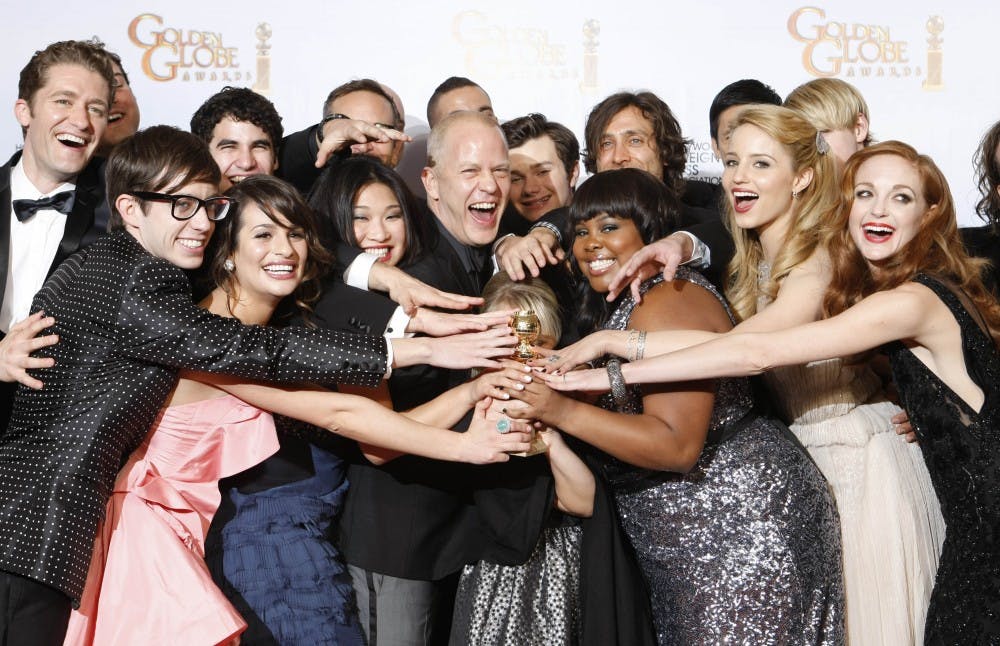This summer I've taken it upon myself to re-watch "Glee" on Netflix. I remember watching the show in middle and high school and thinking it was funny and enjoying some of their covers of popular songs. Re-watching it has been fun, and I'm realizing the show is a lot sillier than I remembered. However, I noticed something really important and frankly, troubling.
Jayma Mays portrays Emma Pillsbury, and her character is a bit problematic. She's a likable, quirky and soft-spoken guidance counselor at William McKinley High School whose love interest throughout the series is glee club instructor and Spanish teacher Will Schuester (Matthew Morrison). The main struggle her character must overcome is a battle with her obsessive-compulsive disorder, or OCD.
Emma waltzes through her life with OCD organizing her guidance counselor pamphlets and polishing every single grape before eating it. It all seems very cute and painless. However, the first season of "Glee" doesn't develop her character enough to show her actual struggles with OCD. In the second season, "Glee" goes a little bit more in depth to showing her pain and struggle with her OCD. However by the time it gets to season three, the only thing she's really done for her OCD is take pills and start dating Will Schuester. This gives audiences the impression that dating someone can heal your mental illness, which is a crazy misconception.
"Glee" doesn't go in-depth enough with Emma's OCD to address it properly and show what OCD really is. So why did they include it at all? It seems to me that "Glee" simply furthered the stigma surrounding the mental illness.
Hollywood gets this wrong a lot of times too. For example, in the movie "Silver Linings Playbook," Pat (Bradley Cooper) has bipolar disorder and Tiffany (Jennifer Lawrence) has depression. The movie follows Pat trying to get Tiffany back into his life after he's been released from a mental health facility. Most of their problems seem to be solved after entering a dance competition together.
Clearly a dance competition won't cure your depression or bipolar disorder, and of course movies can't fit all of the healthy steps of psychotherapy or correct medication in a two to three hour showing. However, creating one happy event as the solution to years of mental illness is unrealistic and creates terrible misconceptions.
How many people do you know that joke that they're "OCD" just because they like cleaning or being organized? Or say something along the lines of, "sorry sometimes I just act bipolar," when they have a mood swing or get angry about something? These self-diagnosis jokes are partly a result of misconceptions through what we are consuming through TV and movies.
For society to understand the reality behind a mental illness, directors and writers must play their part in creating scripts that show the true symptoms and true steps to getting help or recovery. I believe it's TV and Hollywood's role to portray mental illness appropriately and correctly, or not include it at all.

